Yemen faces the abyss
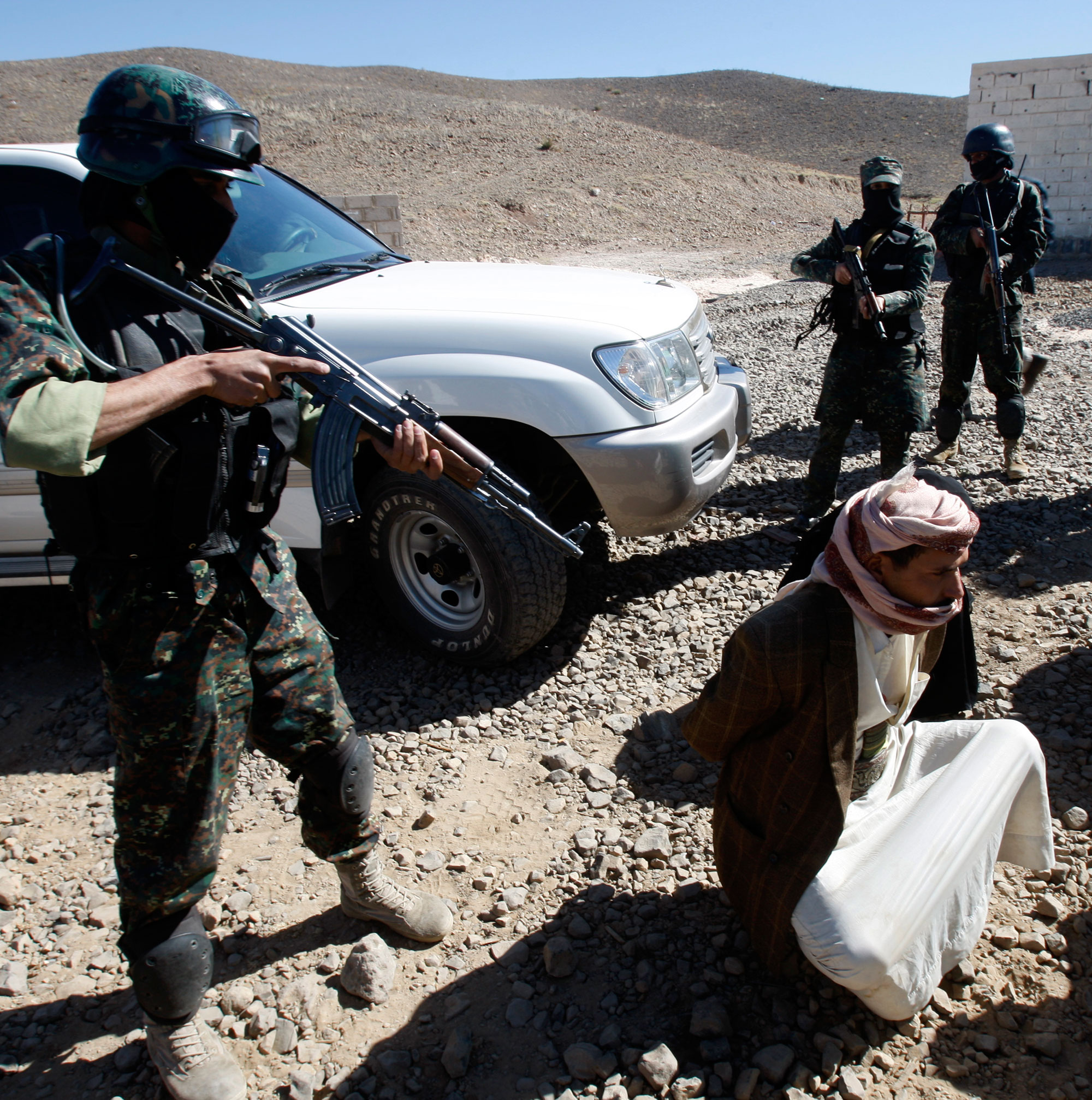
Yemen is once again in the international spotlight as a harbour for terrorists since the failed attack on a United States passenger plane at the end of December.
The Swiss-Yemeni political scientist, Elham Manea, tells swissinfo.ch that the country on the Arabian Peninsula could collapse.
Yemen, Manea says, desperately needs help and Switzerland can contribute to improving the situation in the troubled nation.
swissinfo.ch: The government has huge problems to deal with at home: a rebellion in the north, a separatist revolt in the south. Is Yemen close to collapsing?
E.M.: That cannot be excluded. Up to now, President Ali Abdullah Saleh has been able to control the conflicts thanks to the support of his tribe. This is no longer the case. There are even members of his own family who question his authority.
And besides the problem with the al-Huthi rebellion in the north and the separatists in the south there are signs in the capital, Sanaa, of a split within the ruling elite. There are strong alliances with Islamists. For example, the president of the Iman University, Abdul Majid al-Zindani, had close ties with Osama bin-Laden before 9/11.
swissinfo.ch: Since the failed attack by the suspected Detroit plane bomber Yemen is considered more than ever an al-Qaida base for training holy warriors. Is there any proof to support these allegations?
E.M.: That’s been known since 9/11. There were already rumours at the time that the United States wanted to attack Yemen. Presumably that’s why the Yemeni government changed its position and started to cooperate with the US.
swissinfo.ch: Where are the training camps located?
E.M.: No one knows exactly. But there are inaccessible mountain regions in southern Yemen – as in Afghanistan – where such camps are suspected to be. But bases are also said to be in the north. Intelligence services probably know where they are – not political scientists.
The country’s tribal structure [works in al-Qaida’s favour]. The tribes see themselves as independent and the state as the enemy. They follow their code of honour and defend anyone requesting protection. This is how they work together with al-Qaida. Of course, money also plays a role. The tribes are unpredictable.
swissinfo.ch: Has there also been a noticeable radicalisation in the cities?
E.M.: It’s known that the university president, al-Zindani, believes in a holy war. I was very surprised when he started promoting peace. Al-Zindani represents a rigid form of Islam similar to the Wahabism of Saudi Arabia.
Al-Zindani was a member of the government in the 1970s, responsible for education. He changed the curriculum by increasing religious teaching from one lesson to eight. The result can be seen in the way people dress. In the countryside, women used to wear colourful clothing and showed their faces. Today, they only wear black and are veiled.
Yemen was once considered moderate with Shiites, Sunnites and Zaidites living together. But nowadays the diverging interpretations and forms of their beliefs lead to conflicts, even within families.
swissinfo.ch: President Saleh has put himself on the side of the US in the fight against terrorism. Is this more than lip service?
E.M.: The president is in a very difficult position. Al-Zindani said recently in public that he and his followers would destroy the government if the US were to come to Yemen since it would mean the beginning of the country’s colonisation.
At the same time, Saleh knows that cooperating with the US would save him, since the conflicts in the north and south swallow huge resources. If he were to receive money from the West to fight terrorism, he could deal with the country’s internal problems.
swissinfo.ch: Can Yemen tackle terrorism alone?
E.M.: I hardly think so. Foreign help is needed. However, there is no purely military solution. Clever diplomacy, intelligence work, and cooperation with local alliances are all required.
First and foremost the international community must take the conflicts in the north and south seriously. The economic malaise must be dealt with, which means development work. But corruption stands in the way, that’s why little foreign aid reaches the country.
Despite all that, the government should be supported so it’s held accountable to the population. Yemen now needs its president since there are, unfortunately, no alternatives to Ali Abdullah Saleh at the moment.
swissinfo.ch: How can Switzerland support Yemen?
E.M.: Switzerland could help care for the Somali refugees in Yemen. Around 50,000 Somali refugees arrive in the country each year, but Yemen cannot accommodate or feed them all. Switzerland has the know-how to support the Yemeni authorities, for example by assisting with refugee projects on the ground.
Gaby Ochsenbein, swissinfo.ch (translated from German by Dale Bechtel)
Born in Egypt in 1966, Elham Manea is of dual nationality – Yemeni and Swiss. She earned her Bachelor degree in Political Science from Kuwait University in 1989, and has a Master degree in Comparative Politics from the American University in Washington.
In Switzerland, she worked as a journalist for a few years for swissinfo.ch’s Arabic service and earned her PhD in Political Science from Zurich University with a thesis titled “Regional Politics in the Developing World, the Case of the Arabian Peninsula”.
She is currently a senior researcher at Zurich University’s Institute of Political Science.
The country has a population of 22 million with 42% living below the poverty line.
Most Yemenis are Muslim, either belonging to the Sunnite, Shiite or Zaidite branches.
The current president is Ali Abdullah Saleh who has been in power for more than 30 years.
He was first president of North Yemen and became president of a united Yemen in 1990.

In compliance with the JTI standards
More: SWI swissinfo.ch certified by the Journalism Trust Initiative
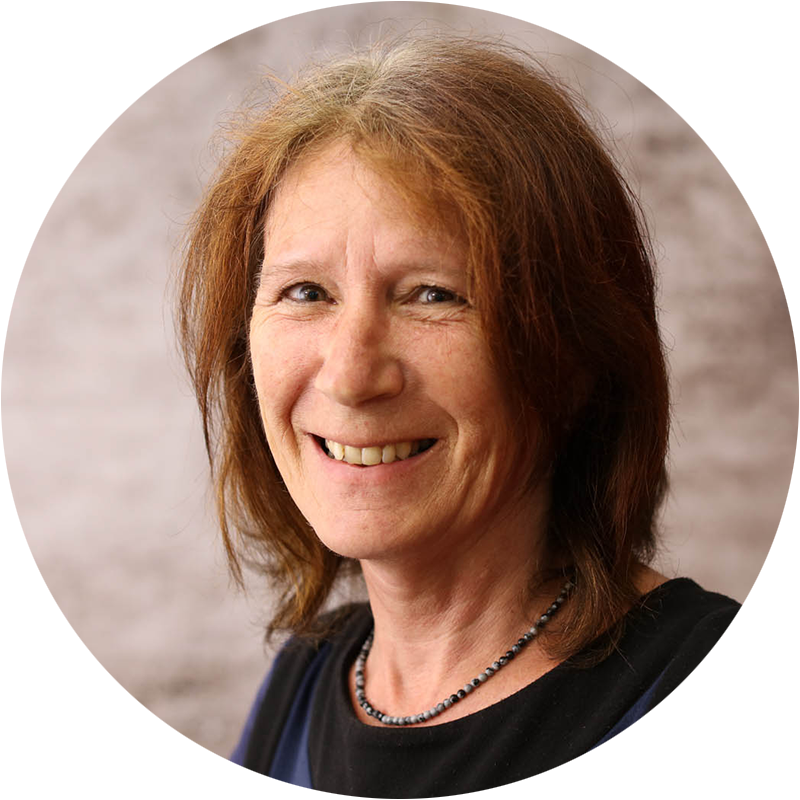

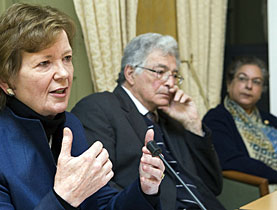
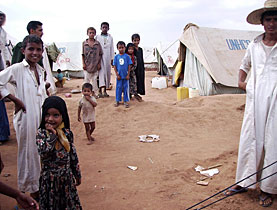
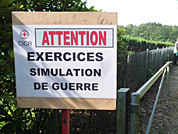
You can find an overview of ongoing debates with our journalists here. Please join us!
If you want to start a conversation about a topic raised in this article or want to report factual errors, email us at english@swissinfo.ch.